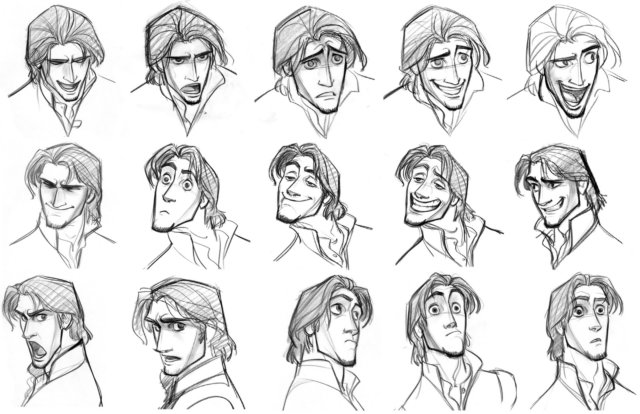We asked thirteen authors, podcasters, and content creators if they thought talent was something we’re born with or something we acquire over time. In this episode, we cover the final. Their answers are as intriguing as the people themselves and Brion and Dave riff extensively off them.
writing
I asked thirteen authors, podcasters, and content creators if they thought talent was something we’re born with or something we acquire over time. We cover the first six in this episode. Their answers are as intriguing as the authors themselves and Brion and Dave riff extensively off the gold they find there.
I want to take a moment to address an issue many writers, including myself, are plagued with:
So many ideas, so little time.
I’m struck with a least two new story ideas a week. Sometimes I can satisfy my fickle muses with a short story or two. Other times, the ideas demand novel-length exorcising. I can’t control it, and I’m somewhat scared of what might happen if I tried. As a result of said caution, I’ve devised a means to placate the voices in my head while maintaining my sanity. I…
“Descriptive” is a common compliment for books. Perhaps too common – one of the usual downfalls of newer writers is the tendency to over-describe every aspect of their stories, from the characters to the setting to the teapot in the cupboard.
Characters should be described. So should setting. That teapot, though, probably doesn’t require the readers’ attention, and you should not be wasting your authorly breath on it. Too much description, even of vital elements of the story, bogs down your narration and leads the reader to start skipping entire sections of your story – assuming, that is, they don’t simply quit reading.
How much is too much? At what point do you go from “very descriptive” to “bloated and boring?” With writing, there are never any rules – only guidelines. The following are a couple of mine.
There is no one better equipped to build rich authentic characters than someone who has actually “lived” (for a few hours) as someone else. In order to appear authentic on stage, an actor has to be able to respond to cues and events AS THEIR CHARACTER. If they don’t, the performance is flat and uninteresting. Writers are striving for that same authenticity… and suffer the same consequences if they fall short of the mark. So how do actors do it?
New York Times Best-Selling author Gail Carriger generously makes time in her busy schedule of book releases, tours, and numerous (and intriguing) projects to join Brion and Dave on this third workshop episode. Laura Howard steps up as our Guest Writer sharing a tale of Faerie betrayal and intrigue. Topics discussed include passive characters, the proper use of world building, and how to end a book.
“Authentic characters are part of a continuum. They existed before the story and they will exist after it (if they…



